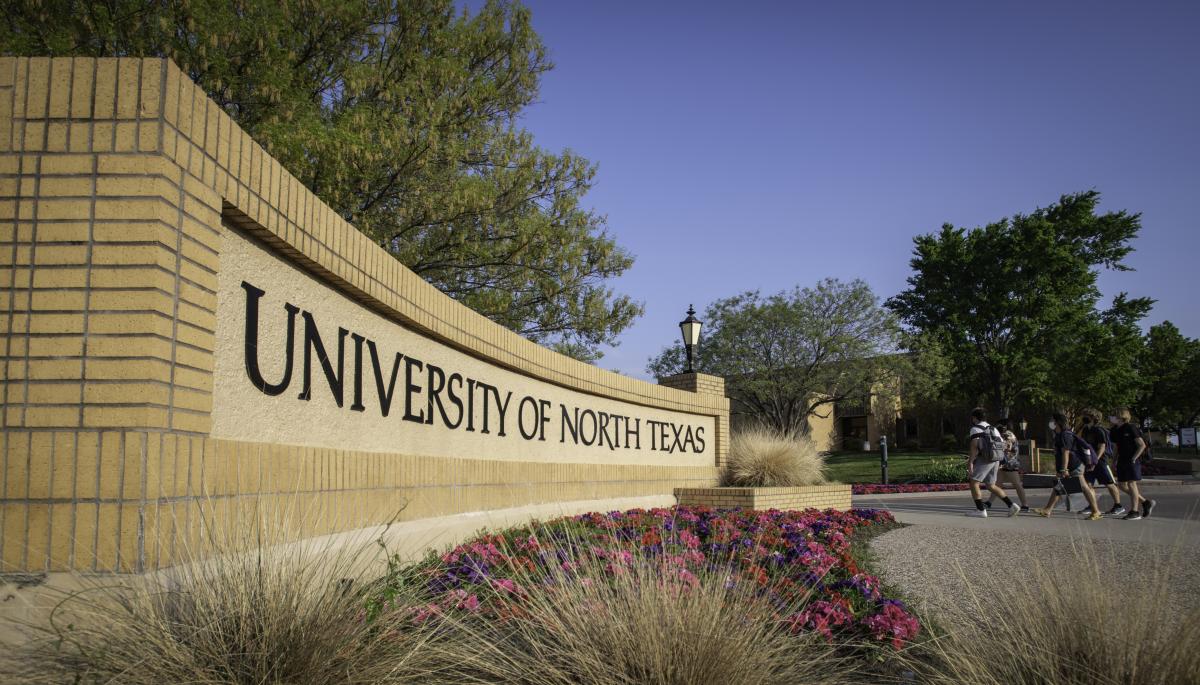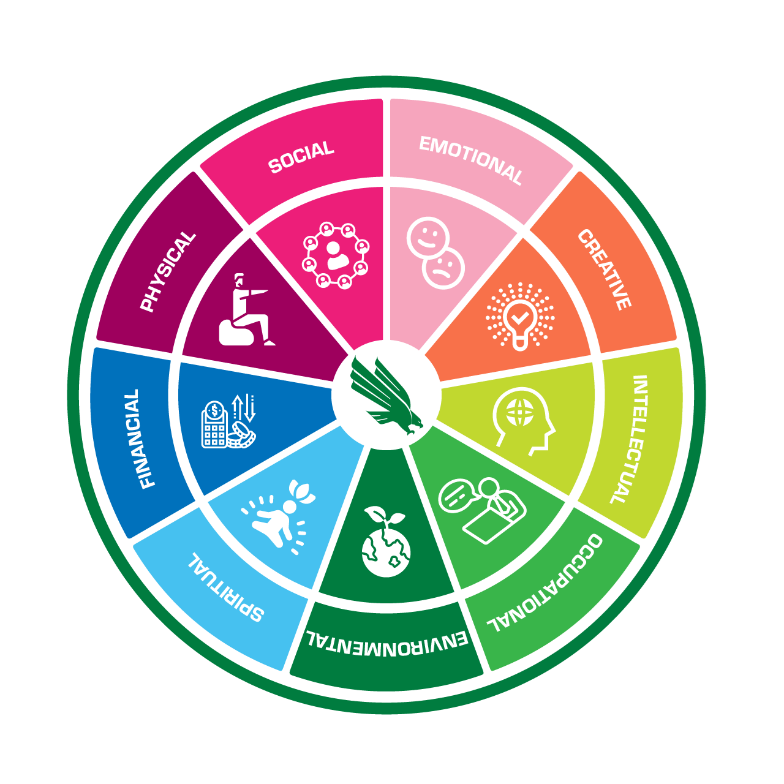- About Us
- Nest Builder
- Student Success Areas
- Back
- Student Success Areas
-
- Academic Advising
- Bookstore Adoptions for Faculty
- Growth Mindset - Faculty Focus
- Inclusive Curricula and Pedagogy Review Process
- Inclusive Curriculum Review Working Group
- Learning Center
- Learning Ecosystem
- Office of Academic Integrity
- Office for Strategic Retention Initiatives
- Overview for Inclusive Curriculum and Pedagogy
- Ricco Ethics Scholarship
- Small Grant Program
- Student Perceptions of Teaching
- Student Retention Resources
- Thank a Teacher
- Academic Intergrity
- Forms/Templates
- Calendar
Student Retention Resources
- Student Success Areas
- Academic Advising
- Bookstore Adoptions for Faculty
- Growth Mindset - Faculty Focus
- Inclusive Curricula and Pedagogy Review Process
- Inclusive Curriculum Review Working Group
- Learning Center
- Office of Academic Integrity
- Office for Strategic Retention Initiatives
- Overview for Inclusive Curriculum and Pedagogy
- Ricco Ethics Scholarship
- Small Grant Program
- Student Perceptions of Teaching
- Student Retention Resources
- Thank a Teacher

Helping our students succeed and make steady progress towards degree completion and a rewarding life after graduation is our principal mission at UNT, and everyone - from our custodial staff to the president - has an important role to play in this. Because faculty and academic staff spend so much time with students, you play an especially critical part. We know you already work tirelessly to help students succeed, but perhaps there are new ways we can make the student journey just a little smoother. If we work together, we can exceed the president's retention goals. Here are a few ideas that may help you:
Promote Student Equity, Belonging, and Growth from Day One
An important way that instructional faculty can help students succeed and progress is by making their expectations as clear as possible. Many of us have used the same basic syllabus for many years. Why not invest a bit of time now in re-examining your syllabi? It could make all the difference to students unused to this important scholastic document. UNT’s Center for Learning, Experimentation, Application, and Research (CLEAR) has a helpful syllabus template that includes recommended language and all sorts of useful tips aimed at helping you.
Students who do not have a successful college experience very commonly mention not having been engaged and feeling like no one really cared whether or not they stayed in school and succeeded. Many of our students suffer from the so-called Imposter Syndrome: a deep-seated worry that they really don’t belong in college. Our students can be adept at the “brave face” - recognizing that feelings of not belonging are quite common is important. The occasional pep talk can help. So too is helping them develop a growth mindset. More broadly, going the extra mile to help all students feel welcomed and included in our classrooms, labs, and offices is something all of us can do. Even seemingly small steps, such as learning students’ names or honoring their choices of pronouns, can make an outsized difference.
Analyze/Revise Courses with Equity Goals in Mind
Faculty and academic staff can also help our students by becoming more familiar with trends in the data. UNT has a remarkable collection of data aimed at helping community members make informed data decisions. This includes an in-depth set of retention dashboards, as well as dashboards on grade distributions (including DFWI rates), enrollment trends, student demographics, and many others. Visit Insights 2.0 to learn about training opportunities so that you can be in the know!
In addition to Insights, our Navigate Student Success Platform has a robust data platform that can help identify students that may need additional support or interventions. Faculty may use Navigate to see many details about students, including grades in Canvas, so that instructors and advisors can have a comprehensive understanding of their students’ needs.
New to Navigate? Click the Navigate link below to find out how UNT students and departments are using the tool to promote student success.
Go to https://navigate.unt.edu/access-staff to gain access to the tool. Check out navigate.unt.edu/training for future training opportunities or email navigate@unt.edu for assistance.
Share Resources to Help Students Navigate College

College can be a daunting experience for anybody. From first-generation students to students nearing graduation, all of our students may need some extra support during this difficult time. Our students may not even know what questions they should be asking; too often, students are embarrassed to seek help. Fortunately, UNT has a tremendous array of wellness services and resources aimed at helping students succeed not only academically, but also in all other areas of their life. Unfortunately, too often students are unaware of these wonderful opportunities. All of us can do them a valuable service by helping them find what they need. And the sooner we connect students with these the better!